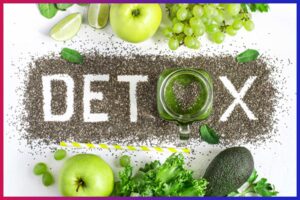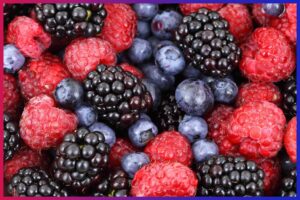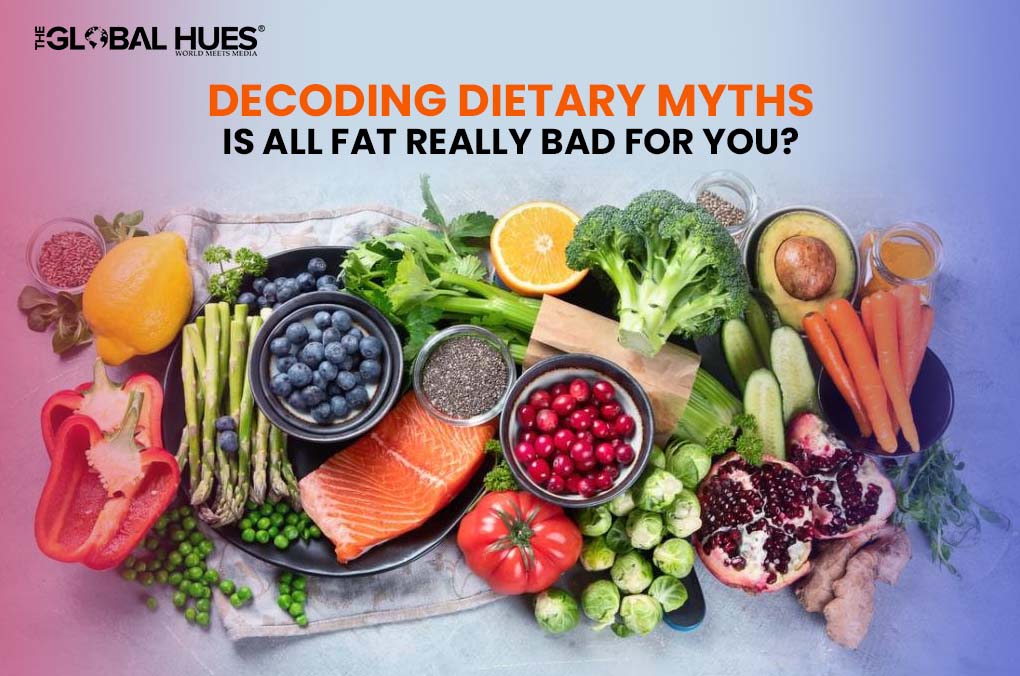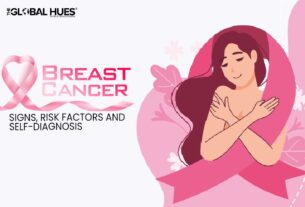Do you remember eating food topped with ghee in your childhood? In olden times, people consumed ghee as it helps in digestion. However, today, people consider it a fat-creating substance. It’s not the only myth that prevails. There are several examples related to myths about food and nutrition. Delve into exploring dietary myths as we untangle the threads, revealing the true narrative behind culinary beliefs that have shaped our understanding of what graces our plates.
Myth 1: All Fat Is Bad
People have considered fats as a bad thing for a long time. However, people also believe low and non-fat foods are healthier. But the question is, are all fats bad? In reality, there are two types of fat- healthy and unhealthy fats. The key is to consume fats in moderation. Saturated and trans fat are the unhealthy fats you should consume in moderation.
Examples of Saturated fats include butter, cheese, red meat and other animal-based foods. Animal products, egg yolks, high-fat dairy products, full-fat yoghurt and cheeses contain trans fat. Monosaturated or polyunsaturated fats are regarded as healthy fats when consumed in moderation. Both these make up the majority of fats in your diet. Examples are vegetable oils, seeds, nuts, olives, avocados and fatty seafood.
Consuming healthy fats helps lower the risk of heart disease and stroke. It also helps reduce blood cholesterol levels. These fats are vital for hormone production, cell function and absorption of nutrients.
Myth 2: You Can’t Get Enough Protein From Plant-Based Foods
Plant-based food includes fruits, vegetables, whole grains, legumes, spices, herbs, nuts, and seeds. People often consider these foods to have fewer amounts of protein than animal-based foods since they contain all nine amino acids, which aid the body in producing protein. However, soy-based products are the best sources of plant-based products such as tofu. Additionally, legumes, including beans, chickpeas and lentils, are also a great source of protein. Furthermore, animal-based foods contain high amounts of saturated fats and cholesterol, which increase the risk of heart disease.
Myth 3: Organic Produce Is More Nutritious
The word ‘organic’ implies being pure and untouched. When you compare organic to traditionally farmed produce, organic produce has more vitamins, minerals, antioxidants, lipids and other nutrients. The U.S. Department of Agriculture defines organic as crops produced on farms but don’t have synthetic pesticides, herbicides, or fertilisers for three years before harvesting. However, being without pesticides doesn’t certify that organic food is more nutritious than regular food.
Myth 4: Eating Healthy Is Too Expensive
People are so busy these days that they don’t have the time to cook at home. They would rather eat from outside, which would harm their body in the long run. Additionally, organic fruits and vegetables might be more costly than regular produce. But, you should try to cook at home as much as possible, as it is a better option than spending your money every day.
You can shop seasonally, especially for fruits and vegetables, as they would be fresh. Furthermore, you should stock up on staples such as brown rice, whole-wheat pasta, dried beans, and lentils. When you prepare your food, you know what goes into it. It also helps decrease added sugar intake, salt and artificial ingredients.
Myth 5: Avoid Carbs If You Want To Lose Weight

Carbs or Carbohydrates are present in grains, starchy vegetables, and fruits. Following a low-carb diet might help you with weight loss and lower the risk of diabetes and metabolic syndrome. A loss of carbs makes you lose weight as it is water-weight. It happens because carbs wipe out the glycogen stored in your muscles. Glycogen helps retain water. Additionally, if you start eating carbs again, the water weight returns. It shows that avoiding carbs doesn’t help much; you should combine a proper diet with exercise to reduce weight.
Myth 6: Detox Diets Lead To Weight Loss

You must have heard the word ‘detox’ every now and then. Sometimes, as ‘detox water’ or even ‘digital detox.’ Another health-based myth is that a detox diet helps you shed a few kilos. These might seem like working at first, but long-term intake of these diets can lead to vitamin deficiency. Furthermore, prolonged detox diets lead to severe gut disturbances, acne, hair loss, weakness and cravings due to the loss of micronutrients in the body.
Myth 7: Saying No To Favorite Foods

Do you like pastries? Are you craving a bar of chocolate? However, you deny yourself these things as it leads to weight gain and also because you feel guilty about eating them. However, it is a lousy thing to do, as the more you abstain from anything, the more quickly you will give in to your cravings. Instead of completely giving up your favourite foods, practise moderation and mindfulness.
Myth 8: Diabetic People Should Avoid Fruits

Do you have diabetes? Chances are the doctors have advised you to avoid eating some fruits as they will increase your blood sugar levels. However, most fruits have a low glycemic index, meaning they won’t raise blood sugar levels. Fruits contain fibre, vitamins, minerals, and antioxidants, which help manage your blood sugar levels. Additionally, you should balance your fruit intake, like taking perennial fruits such as apples and seasonal fruits such as bananas, to get the maximum benefit.
The Bottom Line
These food and nutrition myths, deeply rooted in our perceptions, often lead us astray from the truth. The belief that all fats are bad is debunked, revealing the importance of consuming healthy fats in moderation for overall well-being. Organic only sometimes means more nutritious, and eating healthy can be affordable.




